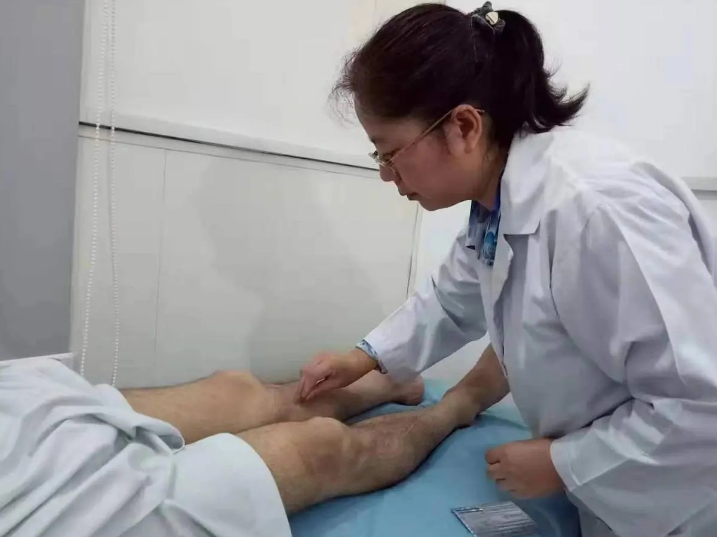- Web
- Feb 15, 2026
Traditional Chinese medicine’s growing influence in Pakistan
-

- Web Desk
- Dec 21, 2023

The dynamic intersection of tradition and modernity in healthcare has brought China and Pakistan together over the past few decades, creating a robust collaboration in Traditional Chinese Medicine (TCM). This partnership showcases strength, innovation, and a shared commitment to holistic well-being, grounded in profound cultural exchanges and people-to-people connections.
From pioneering clinical trials of TCM formulations to a comprehensive two-year training program for Pakistani doctors in China, the narrative unfolds with promising prospects.
The vast and multifaceted scope of TCM in Pakistan holds immense possibilities for healthcare advancement. Its compatibility with Pakistan’s rich herbal medicine resources, particularly in treating respiratory and skin diseases, adds another layer to its potential applications.
BSC long march sparks tensions in Islamabad, 283 arrested
As global markets for herbal medicines project a staggering valuation of $178.4 billion by 2026, Pakistan stands at the threshold of leveraging its traditional medicine sector. TCM, extending beyond clinical applications, emerges as a potential export commodity, with several TCM clinics already operating in the country, including a successful one run by Pakistani TCM specialist Dr. Ahmad in Islamabad for the past twenty years.

The Belt and Road Initiative (BRI), serving as a platform for international collaboration, has positioned TCM as a significant player in fostering exchanges and partnerships with countries along the BRI route. The China-Pakistan Economic Corridor (CPEC), a flagship project under the BRI, catalyses collaboration in various sectors, including TCM.
The establishment of the Sino-Pakistan Cooperation Center for Traditional Chinese Medicine (SPCCTCM) in Hunan Province further cements collaborative healthcare research. Jointly established by Hunan University of Medicine and the International Center for Chemical and Biological Sciences of the University of Karachi, the SPCCTCM serves as a hub for international cooperation in healthcare, TCM education, training, scientific research, and industrial collaboration.
The recent announcement of a two-year TCM training program for Pakistani doctors in China solidifies the integration of traditional medicinal practices along the CPEC route. In response to the global health crisis, joint clinical trials of Jinhua Qinggan Granules (JHQG) in Pakistan showcased the efficacy of TCM in treating COVID-19 patients.
Tomorrow to be the shortest day of the year 2023
The collaboration between Ningbo University in China and the Dr. Panjwani Center for Molecular Medicine and Drug Research at the University of Karachi extends to space breeding and quality evaluation of medicinal plants and key food crops.
Looking ahead, recommendations for the future of TCM in Pakistan include integrating TCM into various levels of traditional herbal medical schools and institutionalising TCM education within Pakistani medical institutions. A standardised curriculum should be developed, encompassing both theoretical and practical aspects.
Public awareness campaigns are crucial to dispel misconceptions surrounding TCM, and sustained research and development efforts in collaboration with Chinese TCM institutions are essential. TCM in Pakistan symbolises a dynamic collaboration fostering cultural exchange, people-to-people connections, and mutual understanding between China and Pakistan.
By Muhammad Asif Noor
Director, Centre for BRI and China Studies – Institute of Peace and Diplomatic Studies




